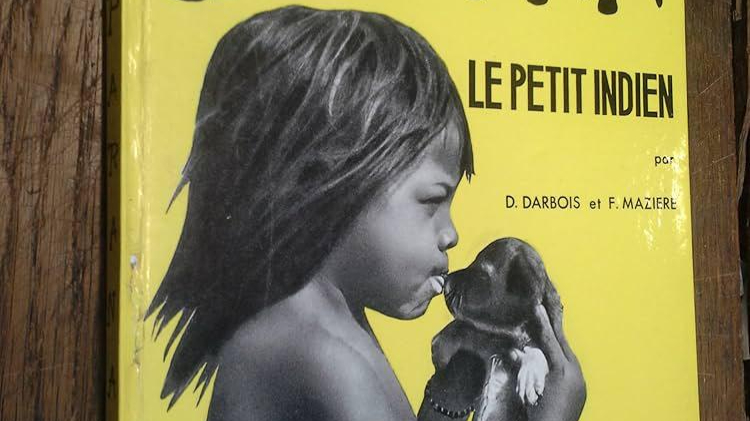News
Who will save Paraná?

His name was Paraná. He was my age, in my children's books. I still remember him, dressed in a loincloth and fishing with a spear while his mother prepared a plate of cassava for him. He was said to be a “little Indian”. My father told me that they were killed to steal their land. And I cried.
Today, at COP30 in Belém, I see him again on the screens. Now they call him an ‘indigenous person’. The word has changed, but not his fate. His environment is devastated, the trees in his forest cut down, the rivers poisoned. And I still feel like crying.
Paraná is still my age, but he has grown up. Meanwhile, the world has shrunk. Not in size, but in human values, in compassion, in lucidity. Suddenly, I feel that the last 60 years have been for nothing. For decades, I have strived to show that there are thousands of clean and economically viable innovations in all sectors, making the transition not only possible but desirable.
Many people are rightly discouraged by the unsustainable trajectory of our world. I am doubly so: because, in addition to seeing its ravages, I see the solutions that are not being used. Those that could trigger a different paradigm: a qualitative economy and a finally enlightened capitalism, which creates value while respecting planetary boundaries. New software whose success is measured not only by its performance, but by the attention it pays to human beings.
And that is undoubtedly what moves me the most. There are solutions—technological, political, and economic—to protect Paraná and its forest. But they remain prisoners of a system that prefers immediate profit to regeneration. However, no business model can restore the dignity of a people that is being erased in the name of growth. As long as greed prevails over compassion, no innovation will be enough.
To complete the picture, as I write these lines, the police are repressing a demonstration by indigenous people defending their land against oil extraction. One of the spokespeople, still panting and covered in sweat, shouts at the cameras: ‘You can't eat money.’ There is nothing more to say.
And yet, amid this confusion, there are signs of hope. One of the main new developments at COP 30 is the Tropical Forest Forever Facility, which aims to demonstrate that preserving tropical forests can be an investment in the future. By mobilising private capital for viable protection and regeneration projects, it aims to show that it is more profitable to preserve than to destroy.
Moving from emotion to action is the only way forward. And, although some may say otherwise, the transition is already underway. But it must be carried out with humanity.
I want to believe that Paraná can still be saved. Not out of compassion, but because of a vision of progress that combines profitability and responsibility, innovation and respect.
Saving the Amazon is not an act of charity, it is an act of survival.
First published by Le Temps,La Tribune, EFE Verde, La Repubblica and Forum Nachaltig.

